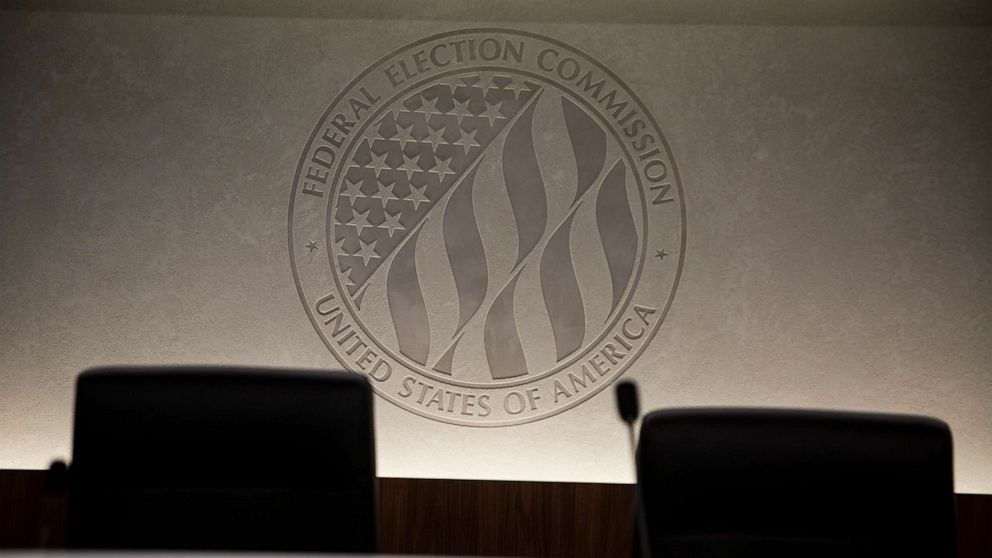The Federal Election Commission (FEC) has recently confirmed that it lacks the authority to regulate artificial intelligence (AI) content in political ads. This decision has sparked a debate about the role of AI in politics and the potential consequences of unregulated AI-generated content.
AI technology has become increasingly prevalent in political campaigns, with candidates and political organizations using AI to create targeted ads and messages. AI algorithms can analyze vast amounts of data to identify potential voters and craft messages that are tailored to their interests and beliefs. This technology has the potential to revolutionize political campaigning, but it also raises concerns about the accuracy and fairness of AI-generated content.
The FEC’s decision not to regulate AI-generated content in political ads is based on the agency’s limited jurisdiction. The FEC is responsible for enforcing campaign finance laws, but it does not have the authority to regulate the content of political ads. This means that the FEC cannot require candidates or political organizations to disclose whether their ads were generated by AI or to provide information about the algorithms used to create them.
Critics of the FEC’s decision argue that unregulated AI-generated content could have a significant impact on elections. They point out that AI algorithms can be programmed to spread false information or to target specific groups with misleading messages. This could undermine the integrity of the electoral process and erode public trust in democracy.
Proponents of AI in politics, however, argue that the technology can be used to promote transparency and accountability. They suggest that AI algorithms could be used to fact-check political ads in real-time, identifying false or misleading claims and alerting voters to potential inaccuracies. This could help to counteract the spread of misinformation and ensure that voters have access to accurate information.
Despite these arguments, the FEC’s decision not to regulate AI-generated content in political ads highlights the need for a broader discussion about the role of AI in politics. As AI technology continues to evolve, it will become increasingly important to address the ethical and legal implications of its use in political campaigns. This will require collaboration between policymakers, technologists, and other stakeholders to ensure that AI is used in a way that promotes transparency, fairness, and accountability in our democratic processes.



